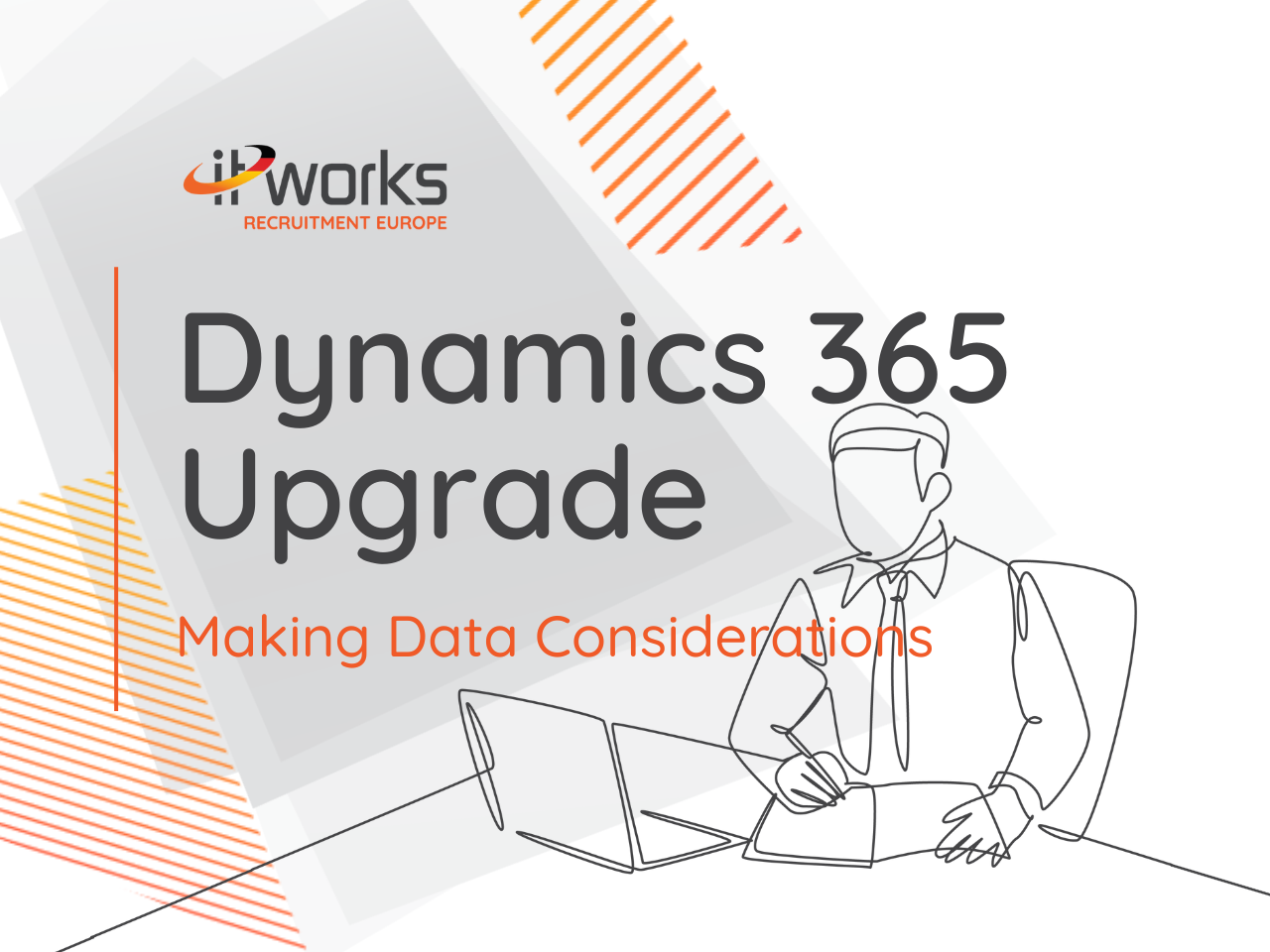Usually, implementing a new ERP system is a step towards improving business processes to support longer term goals. However, without planning for the changes, the introduction of a new ERP System can hugely disrupt organisational processes. As a result, companies may need to adapt their operations whilst an ERP implementation is ongoing (and perhaps even beyond this stage). So, how can businesses adapt effectively to this structural change in their organisation?
In order for your business to effectively adapt to change, the first step should be to document all current business processes. Once these are laid out, the implementation team can decide on how they are going to change these to fit in with the ultimate success of the project. The ERP implementation team then can develop, plan, and initiate the transition from the current processes to the new and improved ones. Preparing for the ERP implementation means the business has everything in place ready for the project go-live. Having a proficient and confident implementation team is therefore a highly important aspect of adapting your businesses process for a new ERP system.
To ensure a smooth transition, another key factor for consideration are the people who will be adopting the new methods and having to change their daily activities; these are the ERP system users. End-users need to be invested to use the new ERP system. They need to be motivated to adapt to the necessary changes to make the implementation a success. How to get end-user buy-in? The best way to ensure end-users adapt to the new system is to carry out a thorough training and education programme (with enough information given to them so that they know exactly how the procedures will work before the system goes live). As these members of the organisation will be the most affected by the change, they should be given full support from the project implementation team, the company superiors, plus any technical support resources.
The best way to make sure a new ERP system is fully operational (and functions properly) is to have the main users involved throughout the entire implementation process. Even though this may cause initial disruptions, despite the short-term losses this may bring, the long-term benefits of knowledgeable users of the system will be a much bigger win. Furthermore, due to the sheer cost of the investment into ERP systems, organisations should look at the big picture and see that the users adapting fully to the changes is a massive benefit.
Of course, there are cases when the severe changes in business processes have backfired due to the system not working well for an organisation in the end; with proper planning and implemented procedural changes, the investment expense and hard work will pay off with improved systems and organisational performance.




